Speaker Bios
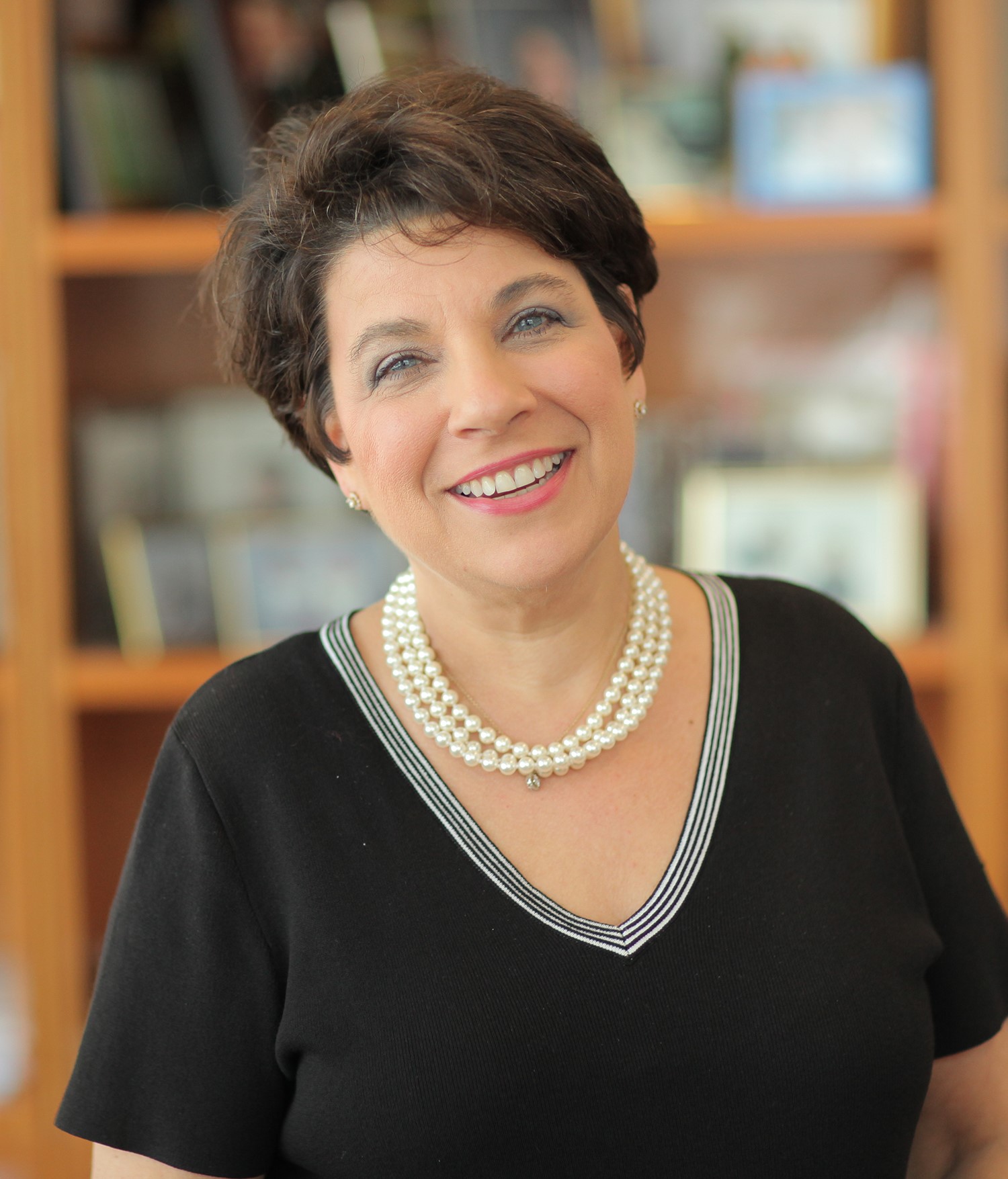
Dr. Abate-Shen began her independent career as an Assistant Professor at Rutgers Medical School in 1991, where she rose quickly through the ranks, becoming Professor, Chief of the Division of Research in the Department of Medicine, and co-leader of the Prostate Program for The Cancer Institute of New Jersey. In 2007, she joined the faculty of Columbia University, Vagelos College of Physicians and Surgeons (VP&S) as the Michael and Stella Chernow Professor of Urological Oncology, at the Herbert Irving Comprehensive Cancer Center (HICCC), with appointments in the Departments of Urology, Pathology & Cell Biology, Medicine, Systems Biology, and the Institute of Cancer Genetics. In 2008, she was appointed Associate Director at the HICCC, and served as its Interim Director in 2012 as well as in 2017-2018. In 2019, she was appointed Chair of the Department of Molecular Pharmacology and Therapeutics, and the Robert Sonneborn Professor of Pharmacology at VP&S. An internationally-recognized leader in genitourinary malignancies, Dr. Abate-Shen is a fellow of the American Association for the Advancement of Science and holds an American Cancer Society Research Professorship. She has served on the Board of Scientific Counselors of the National Cancer Institute, and has had various leadership roles in the American Association for Cancer Research, including a member of its Board of Directors.
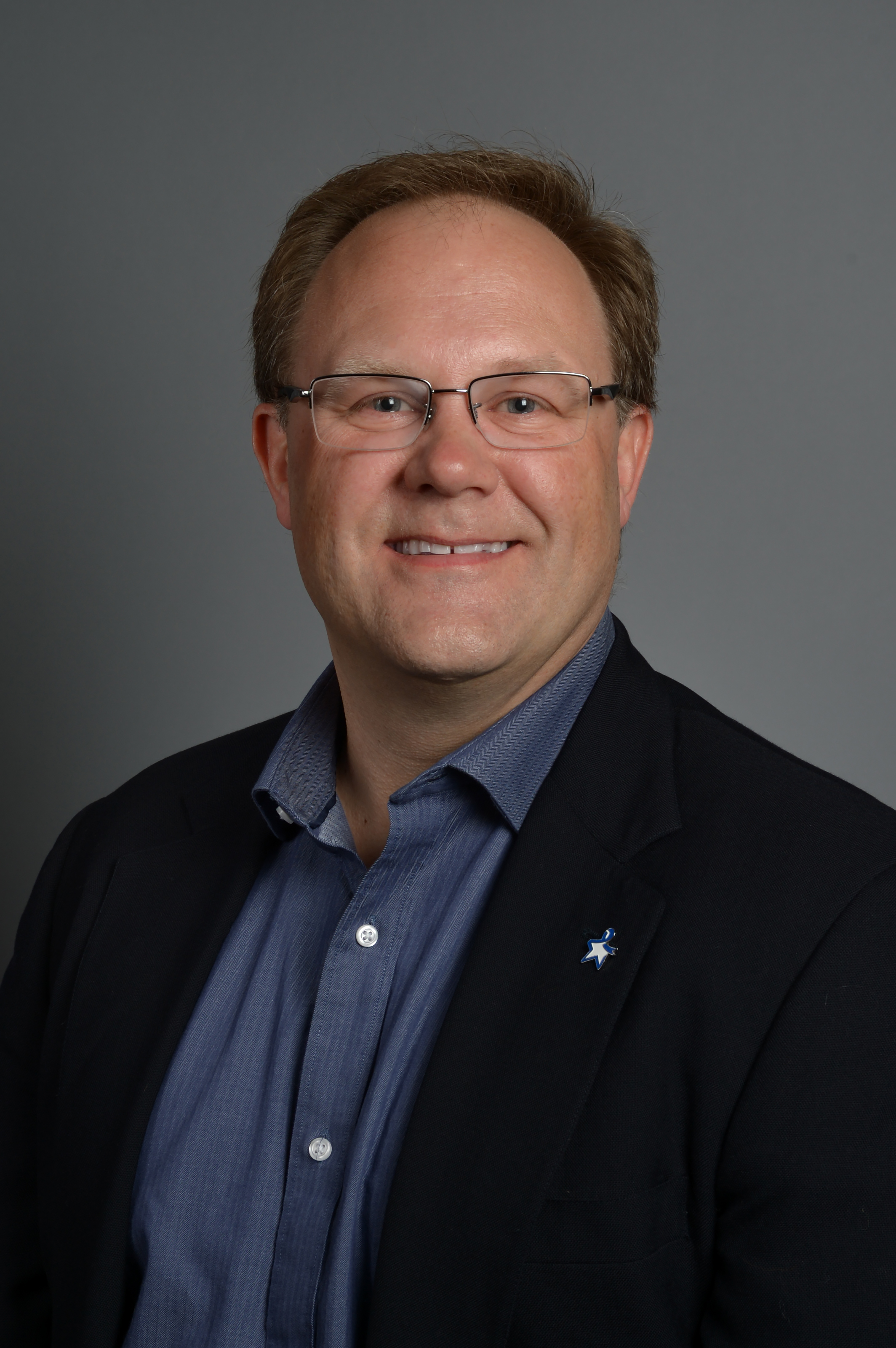
I received my Ph.D. in human genetics from Case Western Reserve University where I studied the genetic control of X-Inactivation in human populations. I did my postdoctoral training at the University of Wisconsin where I began my work with mouse models of cancer and developed a rat model of familial colon cancer supported in part by an American Cancer Society Fellowship. I am currently an associate professor at the University of Missouri where I am the director of the NIH supported Mutant Mouse Resource and Research Center at MU. I am in the department of Veterinary Pathobiology and on the executive committee for several professional programs including the Genetics Area Program, the Molecular Pathogenesis and Therapeutics program, and the director of the Cancer Biology emphasis area of the newly developed Translational Biosciences Training Program. My laboratory is interested in the complex interactions of the gut microbiome in animal models of disease. Our group utilizes embryo rederivation to maintain the genetics of the host but alter the maternally inherited microbiome. We have investigated the role of the complex gut microbiome (GM) in a range of mouse and rat models of human disease from familial adenomatous polyposis to COVID infection. We have found that the GM can significantly alter the development of disease and have shown an impact of GM in both mouse and rat models of FAP. We have also used untargeted metabolomics to show that differing specific pathogen free GMs generate significantly different metabolomic profiles in both the feces and the serum and that these metabolites present at one month of age can predict tumor burden at 4 months of age in our rat model of CRC.
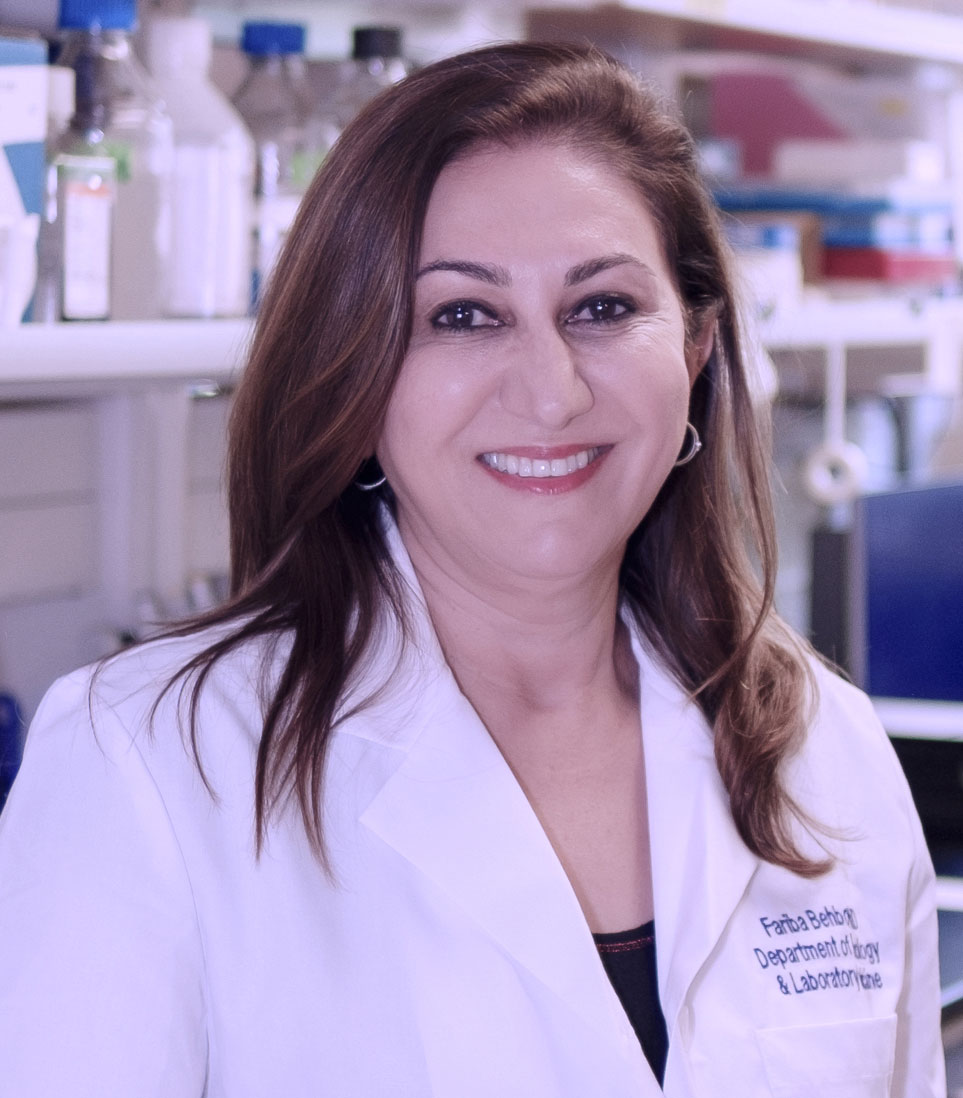
Dr. Behbod is a Professor in the Division of Cancer and Developmental Biology within the Department of Pathology and Laboratory Medicine at the University of Kansas Medical Center. The focus of research in Behbod’s lab is the study of molecular and cellular mechanisms underlying breast cancer malignancy. Her group has devised the MIND model, which involves intraductal injection of primary breast cancer cells inside the mammary ducts of immunocompromised mice. Currently, MIND is the most realistic model for studying breast malignant progression. By utilizing the MIND model, Behbod’s lab long-term goal is the development of future clinically useful biomarkers of high-risk breast cancers to help prevent overtreatment and the discovery of more effective and safer chemopreventive agents for high-risk women.

Philip E. Castle, PhD, MPH is the Director of the Division of Cancer Prevention (DCP) and Senior, Tenured Investigator in the Division of Cancer Epidemiology and Genetics (DCEG) at the U.S. National Cancer Institute (NCI) (Rockville, MD, USA). From 2014-2020, he was a Professor in the Department of Epidemiology and Population Health at Albert Einstein College of Medicine (Bronx, NY, USA), at which he was granted tenure in 2019. Previously, Dr. Castle was the Chief Scientific Officer of the American Society for Clinical Pathology (ASCP) (2011-2). He was a Senior, Tenured Investigator (2010) and Tenure-Track Investigator (2003-10) in DCEG/NCI. From 1999-2002, Dr. Castle was a Cancer Prevention Fellow in DCP/NCI, during which time he received M.P.H. in Epidemiology in 2000 from the Johns Hopkins University (Baltimore, MD, USA). Dr. Castle received his Ph.D. in Biophysics in 1995 from the Johns Hopkins University. Dr. Castle’s research interests are (1) epidemiology of human papillomaviruses (HPV) and cervical/anogenital cancer; (2) science and translation of cancer prevention strategies; (3) cancer screening; (4) international health; (5) health services research; and (6) evidence-based medicine.

Dr. Robert S. Chapkin – Distinguished Professor and National Cancer Institute R35 Outstanding Investigator Awardee, leads the Program in Integrative Nutrition & Complex Diseases at Texas A&M University. Work in the Chapkin lab focuses on dietary prevention of colon cancer and chronic inflammatory diseases. The central goal is to (1) understand cancer chemoprevention at the single cell level, and (2) test membrane targeted therapeutics in combination with dietary / microbial countermeasures to the “Western diet” to more effectively improve gut health and reduce colon cancer and chronic inflammatory diseases. Since diet influences gut microbial composition and metabolite production, to unravel the interrelationships between gut health and the structure of the gut ecosystem, we are in the process of evaluating (using transgenic mice, fruit fly models, and humans) how gut microbes modulate intestinal stem cells (the origin of cancer). As part of this endeavor, we have developed novel noninvasive Systems Biology-based methodologies to model the dynamic relationship between diet and gut microbe-derived metabolites which modulate the cellular organization of the intestine, e.g., stem cell niche.
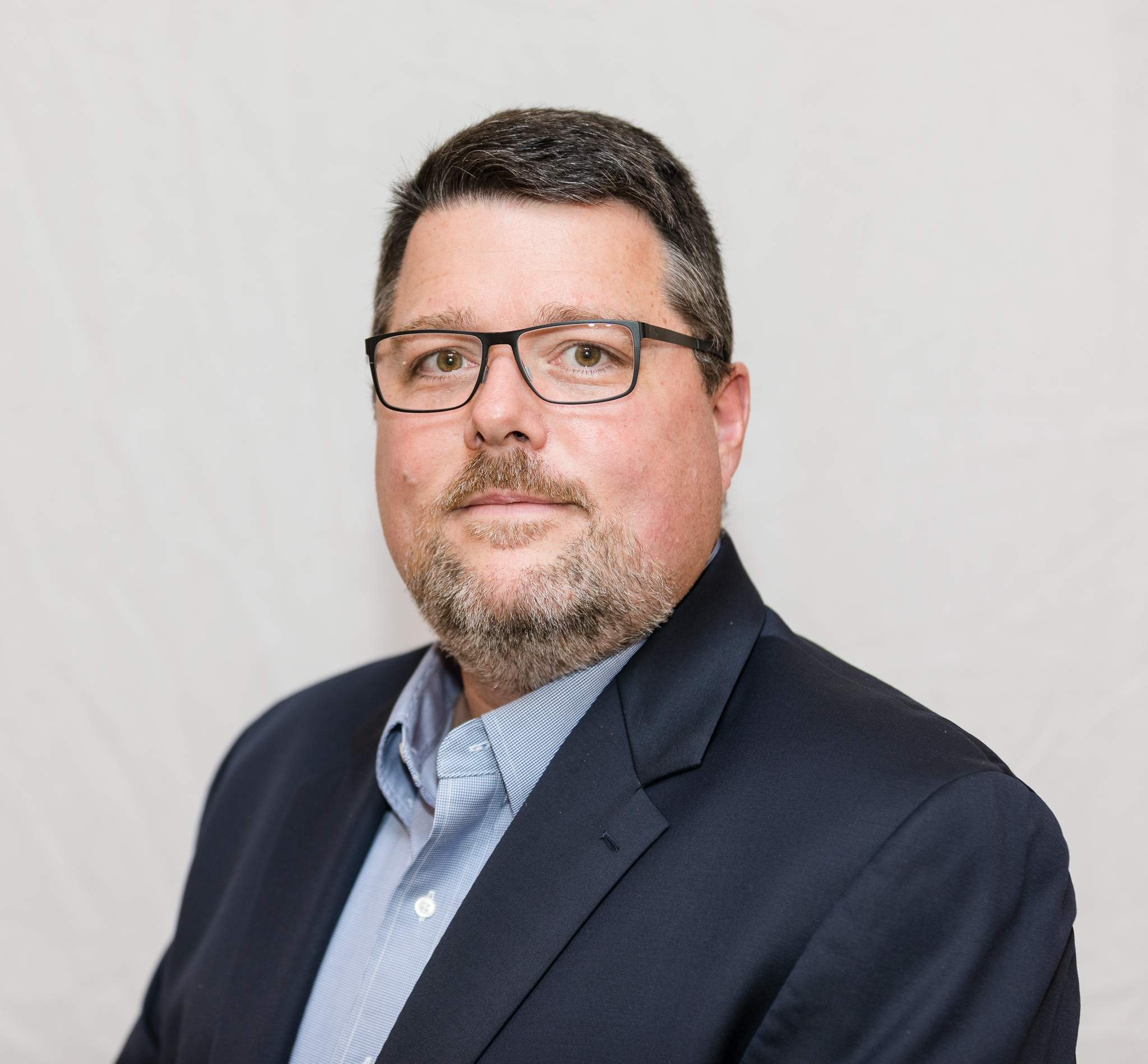
Dr. Kevin Dodd is a mathematical statistician in the Biometry Research Group. In addition to performing statistical review of protocol and grant proposals, he provides general statistical support to other researchers in the Division of Cancer Prevention, including Cancer Prevention fellows. His expertise centers on survey statistics, nutrition, dietary supplements, and measurement error. He is the primary IC support for the software implementation of the “NCI Method” that permits analysis of long-term dietary intakes when intake data is collected via short-term instruments. He earned his doctorate in Statistics from Iowa State University in 1999, the same year he began working at NCI in the Division of Cancer Control and Population Sciences. He joined the Biometry group in 2007.
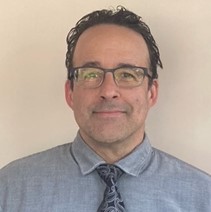
I am an Associate Professor and an Associate Head for the Scholarly Activities Council for the Department of Medicine at the University of Illinois-Chicago (UIC) and serve as the Associate Director of Career Enhancement and Education for the University of Illinois Cancer Center (UICC). In these roles, I work to establish a vision for all trainees pursuing a career in cancer research and/or medicine by engaging campus leaders in areas of education, mentoring, and basic and clinical research. My main directive is to provide opportunities for mentees, particularly those who are under-represented minorities (URMs). I continue to mentor students and fellows in my own laboratory which focuses on the design and utility of animal models of cancer, employing them to better understand molecular and cellular mechanisms. I was one of the first to target mutant KRAS to mouse pancreas, demonstrating that human KRAS expression in acinar cells results in acinar-to-ductal metaplasia together with pre-invasive lesions (Cancer Res. 2003 May 1;63(9):2016-9). I focus on identifying defects in signal transduction pathways in GI cancers in animal models and the impact of high fat diets on these signals. My latest work employs mouse models of aggressive pancreatic cancer (PC) and the means to abrogate progression and metastasis of this disease by suppression of various targets. Though these KPC mice are an important model for preclinical assessments to generate findings relevant to PC etiology, they have inherent limitations. With the help of Drs. Lawrence Schook and Kyle Schachtschneider, we established a model of PC in pig that develops locally invasive disease (Sci Rep 2018 Aug 22;8(1):12548). Our future collaboration with the University of Munich includes building a more aggressive PC model similar to the one that they have recently developed which includes PC metastasis and cachexia in later stage disease.
I obtained my PhD in Immunology and Immunopathology from Sapienza University, Rome (Italy) and I trained in Mucosal Immunology and tumor immunotherapy at the European Institute of Oncology in Milan (Italy). In 2018 I joined the Medical University of South Carolina, where I am member of the Digestive Disease Research Center and the Cancer Immunology Program at the NCI-designated Hollings Cancer Center. My current research interest is on: 1) Understanding how dysregulation of immune responses and microbiota causes the development of colorectal cancer; 2) Identifying strategies to render a larger number of colorectal cancer susceptible to immunotherapy; 3) Understanding how immune and microbial factors contribute to the disproportionate burden of colorectal cancer incidence and mortality in African Americans.
Stephen Albert Johnston is Founding CEO of Calviri, Inc, a spinoff of Arizona State University. The mission of Calviri is to end cancer. This mission is potentially attainable based on the discoveries and technologies Calviri has invented. The core discovery is that tumors make frequent and shared frameshift neoantigens in RNA processing and antibodies are elicited to them. The core technology is peptide arrays that display these peptides. Calviri is mobilizing these unique capabilities to develop early diagnostics, early systemic therapeutic vaccines and a preventative vaccine. An unanticipated discovery was that the same peptide chips can predict response to ICI therapy and adverse events. Johnston was co-inventor of pathogen-derived resistance, organelle transformation, the gene gun, nucleic acid vaccination, synbodies, immunosignatures and other technologies. He was formerly Director of the Biodesign Institute Center for Innovations in Medicine.
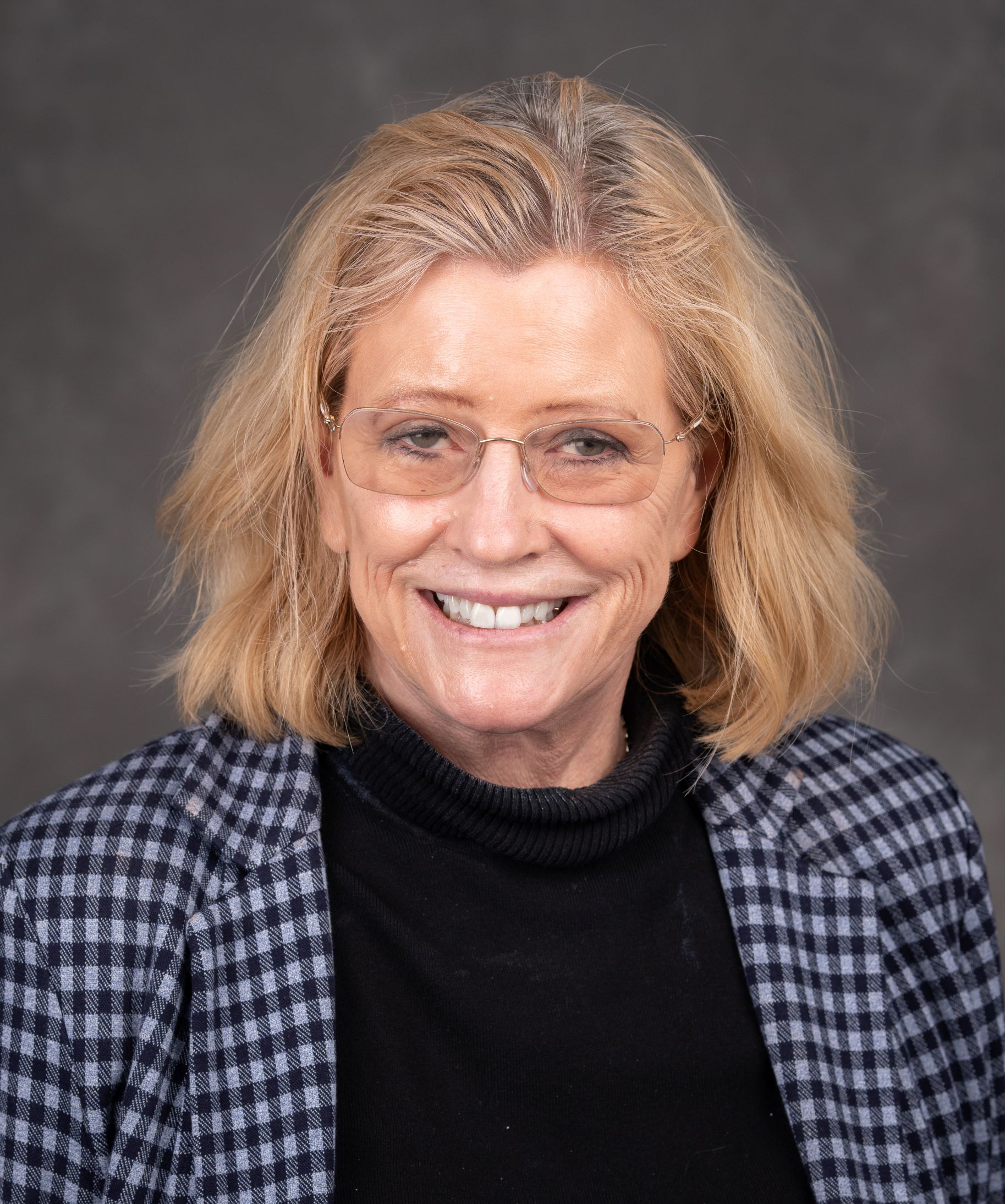
Shannon Kenney, MD, the Wattawa Bascom Professor in Cancer Research and Professor of Oncology and Medicine, studies the molecular regulation and pathogenesis of Epstein-Barr virus (EBV), a virus that causes human cancers, including B cell lymphomas, nasopharyngeal carcinoma and gastric cancer. Her research on key proteins that influence EBV infection serves as a basis for potential new treatments of EBV-induced tumors. Dr. Kenney has developed novel humanized mouse models to study the roles of various EBV proteins in EBV-induced lymphomas including diffuse large B cell lymphoma, Hodgkin lymphomas and Burkitt lymphomas. Dr. Kenney, who received her undergraduate and MD degrees from Yale., completed residency training in Medicine and Pediatrics at the University of North Carolina, followed by fellowships in research and Infectious Diseases at the NIH and UNC, respectively. Dr. Kenney is an elected member of the American Society for Clinical Investigation and the Association of American Physicians and has been continuously funded by the NIH since 1987. Dr. Kenney received the 2022 Henle Award from the International Epstein-Barr Virus Association, which recognizes internationally renowned scientists that have made major contributions to the understanding and/or treatment of EBV and associated diseases.

Julie Kim, PhD is the Susy Y. Hung Professor of Obstetrics and Gynecology in the Division of Reproductive Science in Medicine at Northwestern University. She is also the Co-Director for the Center of Reproductive Science at Northwestern. Dr. Kim received a B.Sc. in Microbiology from the University of Toronto in Toronto, Ontario, Canada and a Ph.D. at Laval University in Quebec City, Canada. She completed post-doctoral training at the University of Illinois at Chicago and established an independent research laboratory as an Assistant Professor at Northwestern University. Her laboratory is interested in understanding the pleiotropic actions of sex hormones and their intersection with risk factors that promote development and growth of uterine diseases including Endometrial Cancer, Uterine Fibroids and Endometriosis. The lab develops appropriate in vitro and in vivo models that best represent the physiology of reproductive tissues, including 3D organ cultures on microfluidic platforms, patient derived xenografted tumors, and mouse models. The ultimate goal is to provide potential new drug targets as well as better drug screening approaches for these uterine diseases.

Dr. Amy LeBlanc is a Senior Scientist and the Director of the Comparative Oncology Program. Dr. LeBlanc received her DVM from Michigan State University in 1999, followed by a rotating internship at Texas A&M University, and residency training in veterinary medical oncology at Louisiana State University. She subsequently joined the faculty of the University of Tennessee’s College of Veterinary Medicine, and was awarded tenure in 2010. Dr. LeBlanc held a joint appointment with the University of Tennessee’s Graduate School of Medicine and was head of the UT’s Molecular Imaging and Translational Research Program from 2010 – 2014. She then joined the NCI in 2014 as the head of the Comparative Oncology Program. In this position she conducts preclinical mouse and translational canine studies that are designed to inform the drug and imaging agent development path for human cancer patients, specifically those with osteosarcoma. She also advises leading pharmaceutical companies as well as NCI’s Division of Cancer Treatment and Diagnosis on the inclusion of pet dogs with cancer into the development path of novel approaches for a variety of malignancies, including immunotherapeutics, targeted small molecules, oncolytic viruses, and cancer imaging agents. She directly oversees the NCI Comparative Oncology Trials Consortium (COTC), which provides infrastructure necessary to connect participating veterinary academic institutions with stakeholders in drug development to execute fit-for-purpose comparative clinical trials in novel therapeutics and imaging agents.
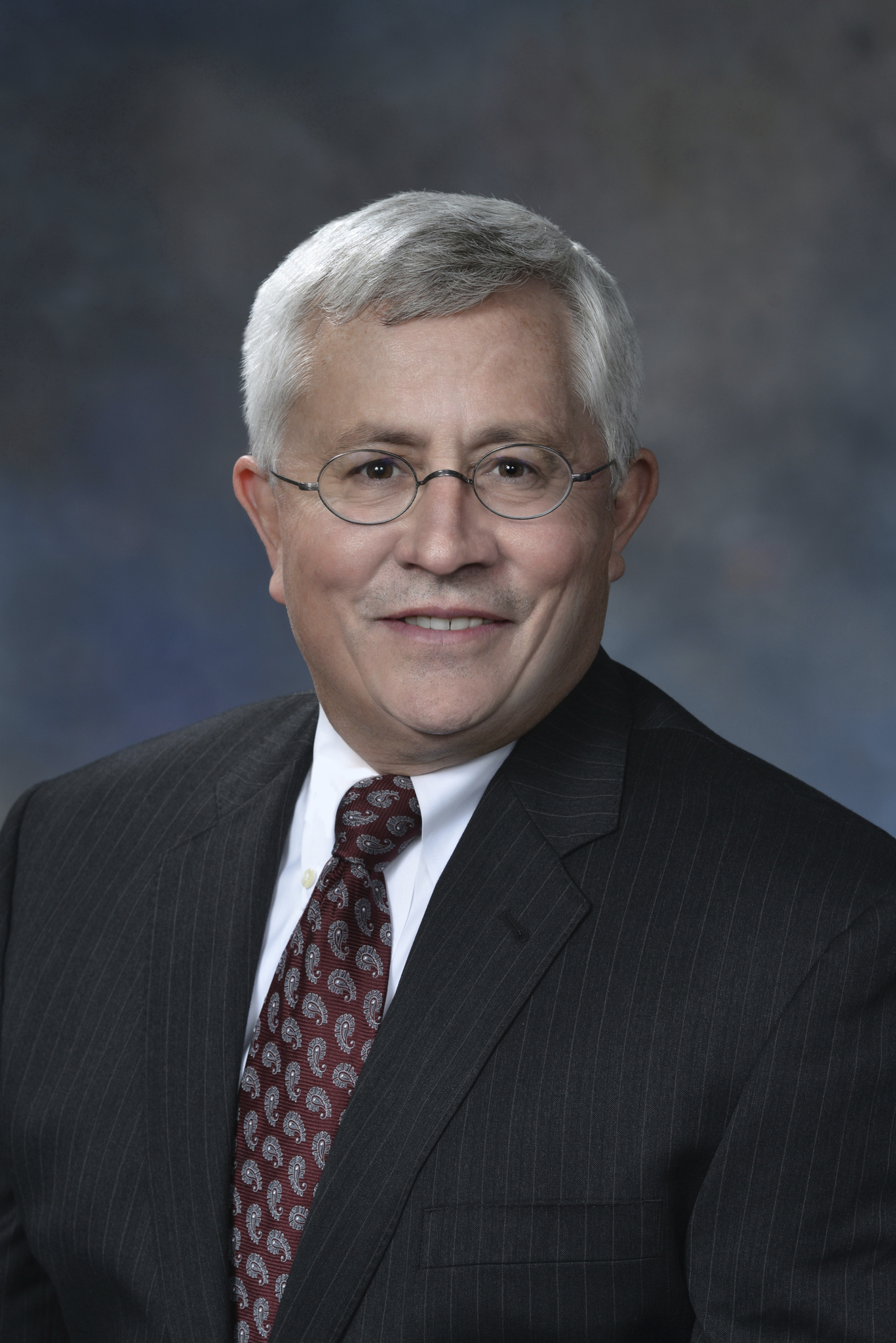
Dr. Michael Lewis is a developmental biologist studying normal breast development and breast cancer. He received his B.S. in biology at the College of William and Mary, Williamsburg VA in 1986. After a two year position with the National Biomedical Research Foundation – Protein Identification Resource (NBRF-PIR) in Washington D.C. (now under NCBI), Dr. Lewis completed doctoral training under Dr. Jerry Feldman at the University of California, Santa Cruz (USC), investigating the genetic regulation of circadian (daily) rhythms in the filamentous fungus Neurospora crassa in 1995. Subsequently, Dr. Lewis completed post-doctoral training with Dr. Charles Daniel, (UCSC) an internationally recognized leader in the field of normal mammary gland development, particularly in virgin animals (1998). Thereafter, Dr. Lewis completed additional postdoctoral training with Dr. Margaret Neville (University of Colorado Health Sciences Center, Denver CO), an internationally recognized leader in lactation biology in mice and humans (1999). He was promoted to a faculty level Instructor in the Department of Physiology and Biophysics in 2000. Dr. Lewis then joined the Lester and Sue Smith Breast Center at Baylor College of Medicine in 2001 as an Assistant Professor, and is now a Professor in the Departments of Molecular and Cellular Biology and Radiology. His major research effort is centered on the role of regenerative stem cells (tumor-initiating cells in cancer) in normal mammary gland development and disease, particularly with respect to treatment resistance and disease recurrence.
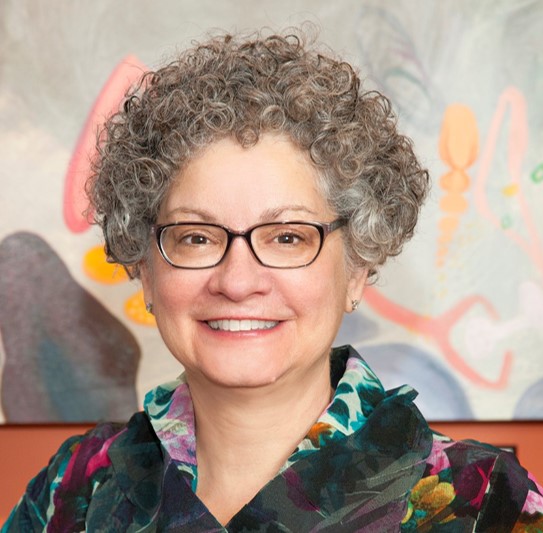
Guillermina (Gigi) Lozano is a renowned geneticist recognized for her studies of the p53 tumor suppressor pathway. This pathway is undermined in a large percent of human cancers via mutations and deletions of p53. Her laboratory identified a transcriptional activation function for p53. Using mouse models, her team characterized the physiological importance of Mdm2 and Mdm4 proteins as potent inhibitors of p53. The Mdm proteins are over expressed in many cancers that lack p53 mutations presenting an alternate mechanism of eliminating p53 activity. Other mouse models inheriting the most common p53 mutations revealed gain-of-function phenotypes that drive metastases.
Dr. Lozano received her BS degree in Biology and Mathematics, Magna Cum Laude, at the University of Texas Rio Grande Valley. She completed graduate studies at Rutgers University and the University of Medicine and Dentistry of New Jersey, and a post-doctoral fellowship with Dr. Arnold Levine at Princeton University.
Dr. Lozano was hired as an Instructor at The University of Texas MD Anderson Cancer Center in 1987 and quickly rose through the ranks to her current position as professor and chair of the department of Genetics. Dr. Lozano is a member of the National Academy of Sciences, the National Academy of Medicine and the American Academy of Arts and Sciences. She has received the Minorities in Cancer Research Jane Cooke Wright Lectureship and the Women in Cancer Research Charlotte Friend Lectureship awards both from the American Association for Cancer Research. She is also the recipient of distinguished alumni awards from both her undergraduate and graduate alma maters.
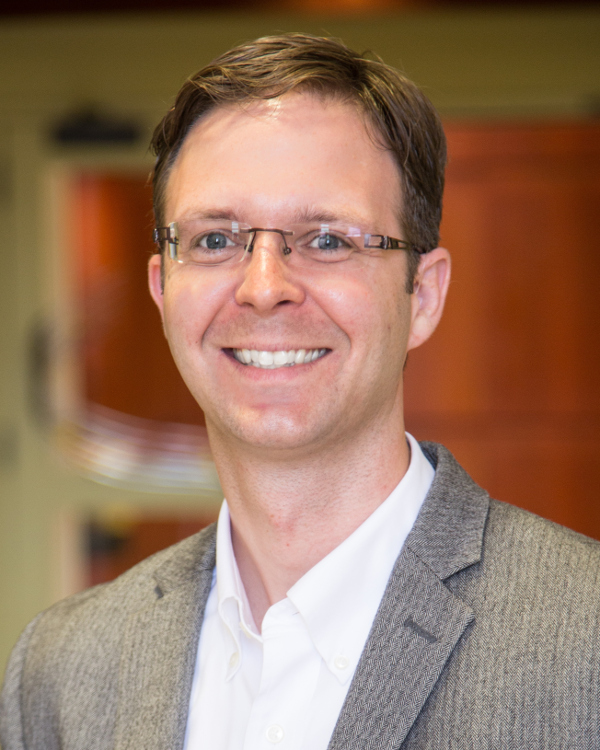
Paul Macklin is a mathematician, Associate Professor of Intelligent Systems Engineering, and Luddy Faculty Fellow at Indiana University. His lab develops open source multiscale simulation frameworks for 3D multicellular systems biology, including the PhysiCell agent-based modeling framework. He works with a network of collaborators to ease the use and increase the utility of agent-based simulations, including high-throughput investigations on HPC, cloud-hosted interactive simulators, integrated cell signaling, and AI-driven model exploration. Macklin's lab applies these technologies to cancer, immunology, infectious diseases, and related areas. He also works with the National Cancer Institute and the Department of Energy on a national initiative to create digital twins for the future of personalized predictive cancer medicine. Dr. Macklin recently founded and leads a multi-institutional coalition to develop a multiscale in-host model of SARS-CoV-2 infection dynamics and immune response.

Dr. Maitra is Professor of Pathology and Translational Molecular Pathology, Sheikh Khalifa Bin Zayed Al Nahyan Distinguished University Chair, and Scientific Director of the Sheikh Ahmed Pancreatic Cancer Research Center at UT MD Anderson Cancer Center, Houston (since August 2013). Dr. Maitra is the Principal Investigator of an NCI-funded laboratory dedicated to pancreatic cancer research. Dr. Maitra has trained close to fifty postdoctoral fellows and graduate students, many of whom are now in independent faculty positions in the United States or worldwide. The arc of his research career over the past two decades has been defined by contributions made in the spheres of genetics and molecular pathology of pancreatic cancer and its precursor lesions, in both human and cognate mouse models of pancreatic neoplasia. Dr. Maitra is deeply committed towards identifying and implementing translational research opportunities in pancreatic cancer that can improve the survival of patients stricken with this disease. His current research priorities are focused on early detection and cancer interception strategies in high-risk cohorts.
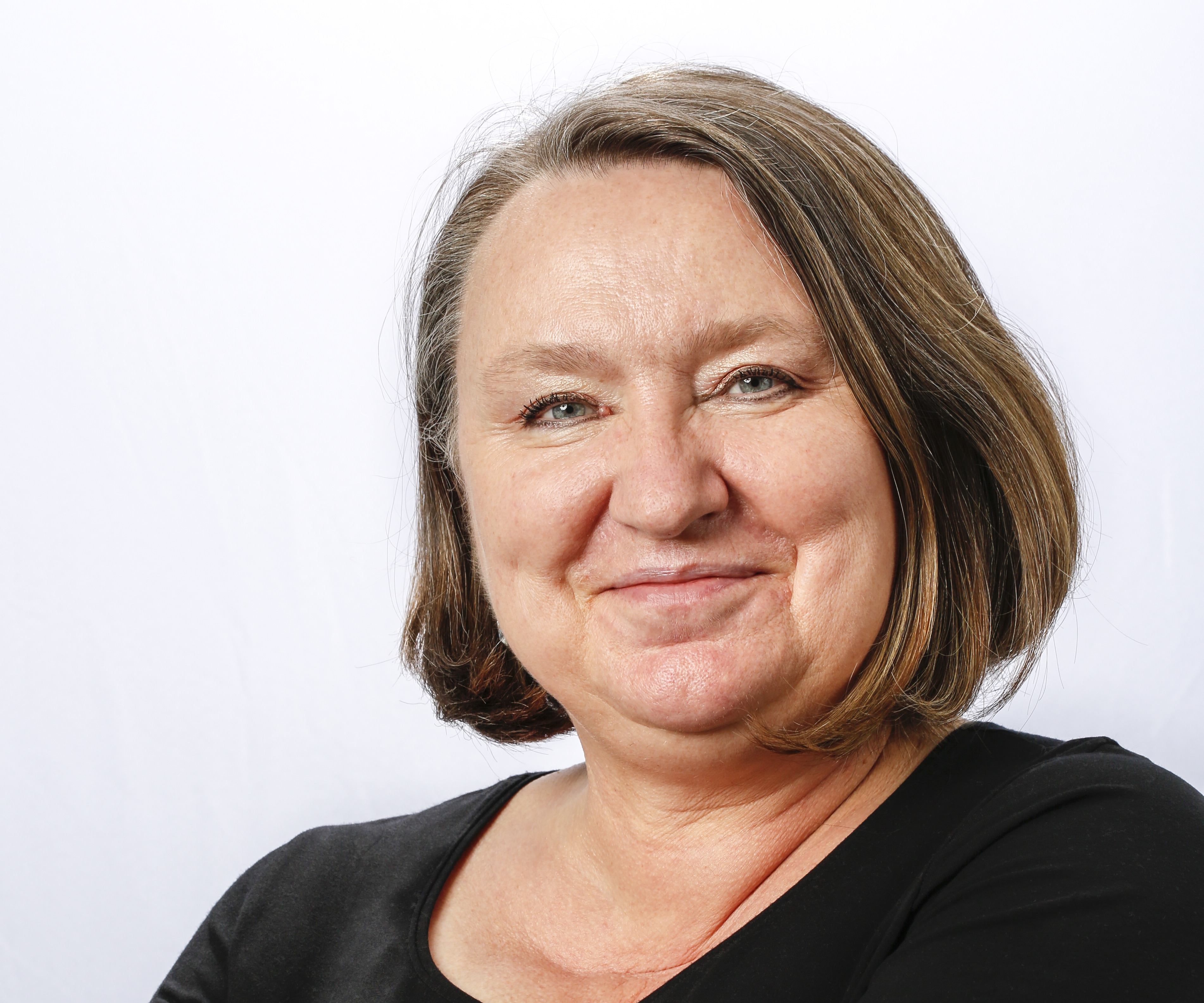
Karolina Palucka, M.D., Ph.D. is a Professor and Director of the JAX Cancer Center at The Jackson Laboratory for Genomic Medicine (JAX) in Farmington, CT and also serves as a Professor in the Department of Immunology at the University of Connecticut School of Medicine. She joined JAX in 2014; having previously been at the Baylor Institute for Immunology Research, where she was the Michael A.E. Ramsay Chair for Cancer Immunology Research and director of the Ralph M. Steinman Center for Cancer Vaccines. Dr. Palucka also served as a professor at the Mt. Sinai School of Medicine within the Department of Gene & Cell Medicine. She received her M.D. from the Warsaw Medical Academy, Poland and her Ph.D. from the Karolinska Institute in Sweden. Dr. Palucka specializes in human immunology, with a focus on experimental immunotherapy, and has pioneered the development of dendritic cell-based vaccines for patients with cancer or HIV. Her research is aimed at understanding, controlling, and manipulating the body’s own immune response as the basis for developing new vaccines and immunotherapies against infectious diseases and human cancers.

Melissa Pegues is a nonclinical reviewer in the Division of Hematology Oncology Toxicology (DHOT) in the Office of New Drugs in CDER at FDA. She received her PhD in Immunology from the University of Alabama at Birmingham then pursued postdoctoral training in immuno-oncology at the National Cancer Institute in the Experimental Transplantation and Immunotherapy Branch. She moved to the FDA in 2017 as an ORISE fellow in the Office of Biotechnology Products and joined DHOT as a reviewer in July 2020.

Dr. Rao is an established leader in the field of gastrointestinal cancer chemopreventive drug development and nutritional carcinogenesis. His molecular targeted approaches in developing cancer chemopreventive drugs for colorectal and other epithelial cancer prevention are nationally and internationally recognized. Dr. Rao has over 30 years of experience in cancer interception research using animal models, both chemically-induced and genetically engineered Models (GEM) representing colorectal, pancreas, urinary bladder, lung cancers. Several targeted drugs identified by Dr. Rao’s research group in the preclinical models entered into Phase II and III clinical trials conducted by the NCI. Dr. Rao’s group is the first to show that combinational molecular targeting provides better synergistic efficacy without unwanted side effects. He published over 250 peer-reviewed articles in Cancer Research, Clinical Cancer Research, Science, PNAS, JNCI, Gastroenterology, Immunology, Cancers, Cancer Prevention Research, Translational Oncology, Neoplasia, Carcinogenesis, Int. J. Cancer, Mol. Carcinogenesis, Cell Cycle, Aging Cell, etc.
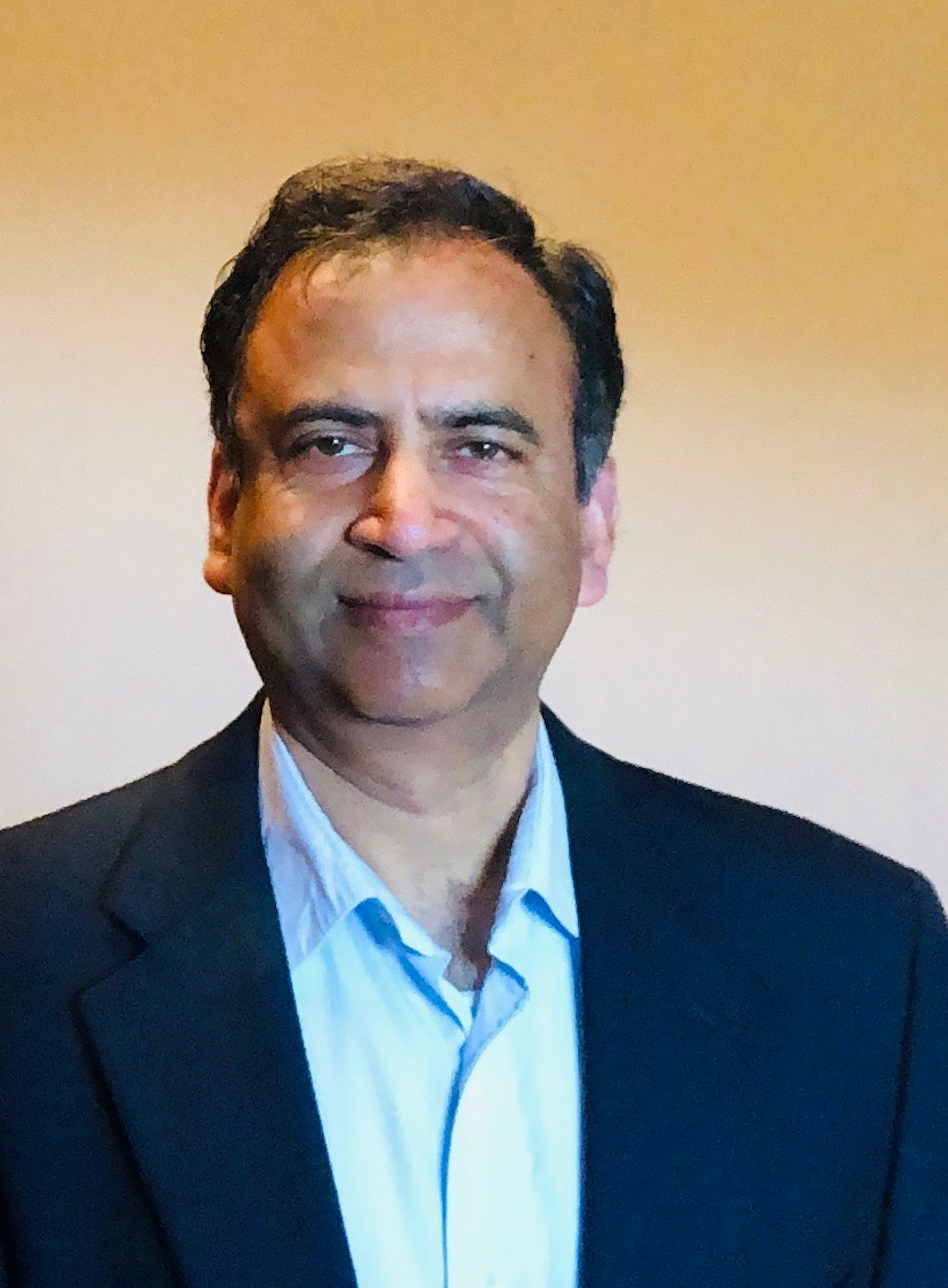
Dr. Shyam K. Sharan obtained his Ph.D. degree in Genetics from Case Western Reserve University, Cleveland, Ohio. He received his postdoctoral training at Baylor College of Medicine in Houston Texas, where he started his work on the functional analysis of breast cancer susceptibility genes Brca1 and Brca2 in the mouse. In 1998, Dr. Sharan established the Genetics of Cancer Susceptibility Section as a Group Leader in the ABL-Basic Research Program. In 1999, he joined the Center for Cancer Research (CCR), National Cancer Institute where he is currently the Deputy Director of the Mouse Cancer Genetics Program. His laboratory has pioneered the use of mouse embryonic stem cells to develop a functional assay to evaluate the functional significance of variants identified in human BRCA1 and BRCA2 genes. Dr. Sharan heads the BRCA Variant Analysis Unit (BVAU) in the Mouse Cancer Genetics Program, which was been established in 2014 as a dedicated resource for the functional evaluation of BRCA variants of unknown clinical significance. In 2016, he was appointed the Scientific Director of the Center for Advanced Preclinical Research, a CCR initiative dedicated to preclinical studies using well characterized mouse models of human cancers. In 2008, Dr. Sharan received the NCI Director’s Intramural Innovation Award and in 2009, 2012, 2013 and 2017 he received the NIH Award of Merit. In 2009 he received the prestigious Arthur Flemming Award for his work on the functional analysis of BRCA1 and BRCA2.

Dr. Robert Shoemaker obtained his Ph.D. in human genetics from the Graduate School of Public Health of the University of Pittsburgh in 1975. Following postdoctoral experience at the Armed Forces Institute of Pathology he moved to the Children's Hospital Medical Center of Akron. His research on pediatric tumors led to an interest in the genetics of drug resistance and new drug discovery. After joining the Developmental Therapeutics Program of the National Cancer Institute in 1981, he held a variety of positions dealing with development of novel drug screening projects relevant to cancer and AIDS. Most of these were implemented at the Frederick National Laboratory for Cancer Research. Two of the drugs discovered in the anti-HIV drug screen developed at Frederick (lamivudine and Ziagen®) were among the first FDA approved anti-HIV drugs.
Dr. Shoemaker was granted tenure in the NCI intramural research program in 1992 and conducted research in the Laboratory of Drug Discovery and Development at Frederick. From 2000 - 2011 he led the Screening Technologies Branch of the Developmental Therapeutics Program, Division of Cancer Treatment and Diagnosis in their efforts in anti-cancer and anti-viral drug discovery. He moved to the Division of Cancer Prevention’s Chemopreventive Agent Development Group in 2013, becoming chief in January 2017.
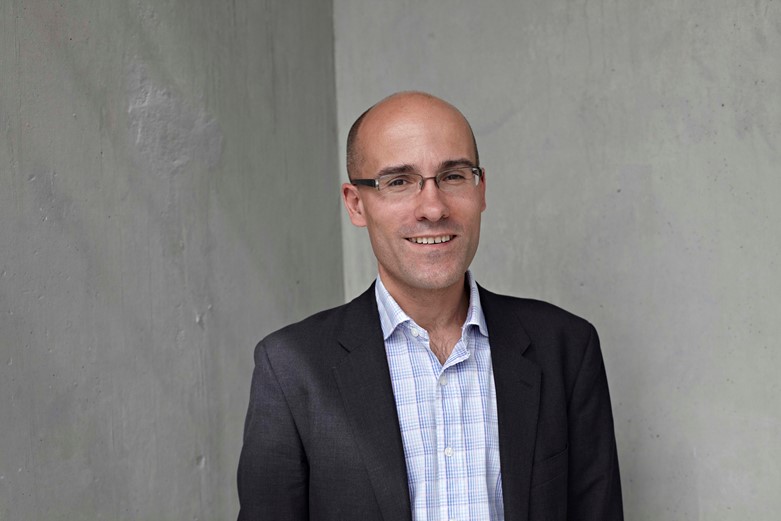
Charles completed his MBPhD training in 1999 at the Imperial Cancer Research Fund Laboratories and Cancer Research UK clinician scientist/medical oncology training in 2008. Charles is a senior group leader of the Cancer Evolution and Genome Instability Laboratory at the Francis Crick Institute and combines his research with clinical duties at UCLH, as a thoracic oncologist, focussed on how tumours evolve over space and time. Charles research branched evolutionary histories of solid tumours, processes that drive cancer cell-to-cell variation in the form of new cancer mutations or chromosomal instabilities, and the impact of such cancer diversity on effective immune surveillance and clinical outcome. Charles is chief investigator of TRACERx, a lung cancer evolutionary study and the national PEACE autopsy program.
Charles was made Fellow of the Royal College of Physicians in April 2011, appointed Fellow of the Academy of Medical Sciences in 2015, awarded the Napier Professor in Cancer by the Royal Society in 2016, appointed Cancer Research UK’s Chief Clinician in 2017, and elected Fellow of the Royal Society in 2018 and Fellow of the Academy of American Association for Cancer Research in 2020. Charles is an editorial board member of Cell, Plos Medicine, Cancer Discovery and Annals of Oncology and an advisory board member for Nature Reviews Clinical Oncology and Cancer Cell. In 2016 he co-founded Achilles Therapeutics, a UCL/CRUK/Francis Crick Institute spin-out company, assessing the efficacy of T cells targeting clonal neoantigens.
Charles has been awarded several prizes including the Stand up to Cancer Translational Cancer Research Prize (2015), the Ellison-Cliffe Medal, Royal Society of Medicine (2017), recipient of the Gordon Hamilton Fairley Medal (2018), Weizmann Institute Sergio Lombroso Award in Cancer Research (2021), International Society of Liquid Biopsy (ISLB) Research Award (2021), and the Memorial Sloan Kettering Paul Marks Memorial Prize (2021).
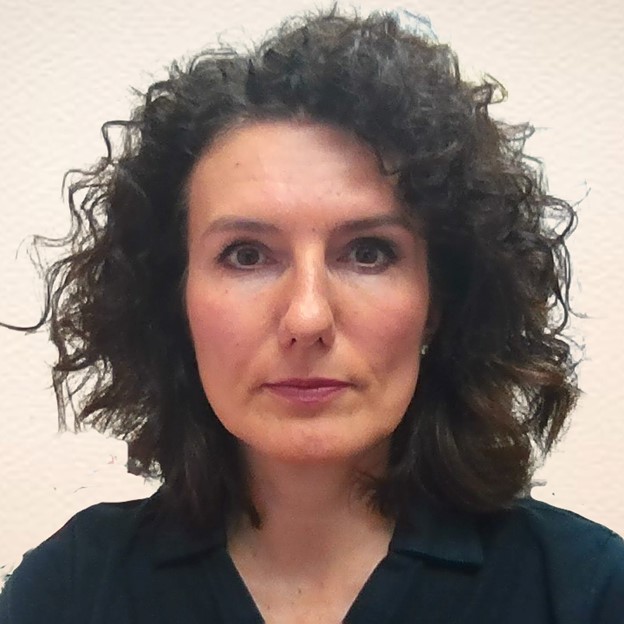
Ludmila Szabova is a Senior Scientist at the Center for Advanced Preclinical Research at the National Cancer Institute in Frederick. After earning her PhD at the University of P. Safarik in Slovakia, she received her postdoctoral training at the National Institute for Dental and Craniofacial Research in Bethesda and in 2009 joined the National Cancer Institute. Her work focuses on development of mouse models for preclinical cancer research. She successfully established and characterized several genetically engineered mouse models for ovarian and breast cancer that recapitulate human disease on histopathological and molecular levels, and is applying them in cancer prevention studies. Additionally, she develops novel syngeneic orthotopic allograft models for translational research, including PK/PD and efficacy studies testing various preclinical compounds, existing drugs, or other experimental therapeutics.

David Tuveson, M.D., Ph.D., FAACR is a physician scientist with a longstanding interest in understanding and treating pancreatic cancer. Dr. Tuveson is the Director of the Cancer Center and the Roy J. Zuckerberg Professor of Cancer Research at Cold Spring Harbor Laboratory. Additionally, he is the Chief Scientist of the Lustgarten Foundation, and serves as the President of the American Association for Cancer Research from 2021-2022. Dr. Tuveson obtained a bachelor’s degree in chemistry at M.I.T., followed by M.D. and Ph.D. degrees at Johns Hopkins, was a medical resident at Brigham and Women’s Hospital, and a medical oncology fellow at Dana-Farber/Harvard Cancer Center. Dr. Tuveson is known for developing some of the first mouse models of pancreatic cancer and more recently, for his work developing pancreatic cancer organoids, and identifying subtypes of cancer associated fibroblasts. Since developing the first mouse model of pancreatic cancer in 2002, the Tuveson lab has made a series of discoveries that shed light on the molecular drivers of this disease, and provide promising therapeutic avenues for a malignancy that is notoriously challenging to treat. Dr. Tuveson was awarded the Rita Allen Scholarship, the Jan Waldenström Award, the Hamdan Award, and was elected a member of the American Association of Clinical Investigation, the Association of American Physicians, and a Fellow of the Academy of the AACR.
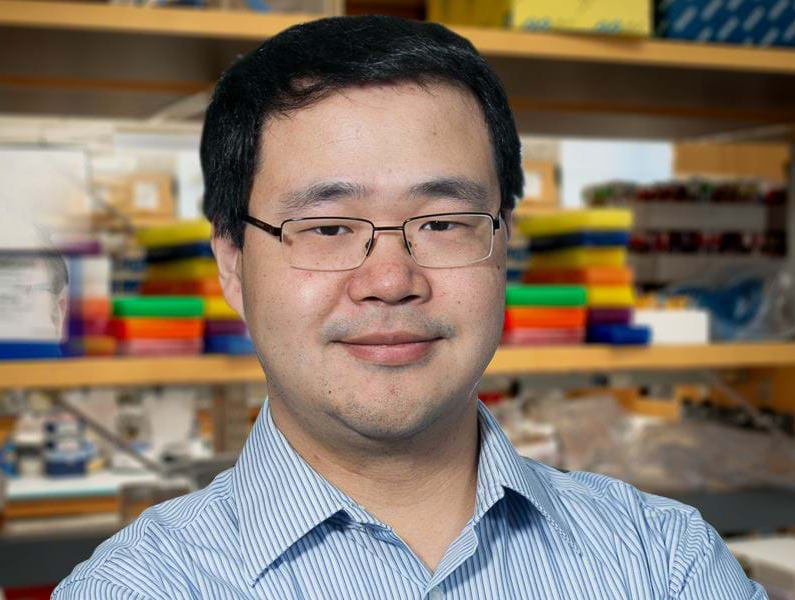
Dr. Wen Xue is an associate professor at the RNA Therapeutics Institute at the University of Massachusetts Medical School. His research focuses on cancer genetics using mouse models and study of genetic diseases using CRISPR genome editing. He has received awards including the NIH Director’s New Innovator Award, Scientific Merit Award of the Lung Cancer Research Foundation, and the American Cancer Society Research Scholars Grant. He is on the editorial board of Human Gene Therapy, Hepatology and FASEB. His lab establishes CRISPR-based modular therapy for precision medicine and has reported a series of liver cancer studies using in vivo application of novel CRISPR-based techniques.
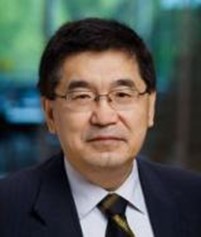
Dr. Ming You is the Daniel Lehane Endowed Chair in Cancer Research, Director of Center for Cancer Prevention, Professor of Cancer Biology in Medicine, Weill Cornell Medical College, and Houston Methodist Cancer Center. Previously, Dr. You worked and held various leadership roles at Medical College of Wisconsin, Washington University School of Medicine, The Ohio State University and Medical College of Ohio. Dr. You have over 30 years of experience working in the field of cancer chemoprevention and have made significant contributions to the development of novel agents and preventive vaccines for cancer prevention. His group is one of the leading groups in using pulmonary aerosol delivery approaches in lung cancer chemoprevention. Dr. You received his medical degree from Beijing Medical College in 1982 and his PhD in Pathology from Medical College of Ohio in 1989.